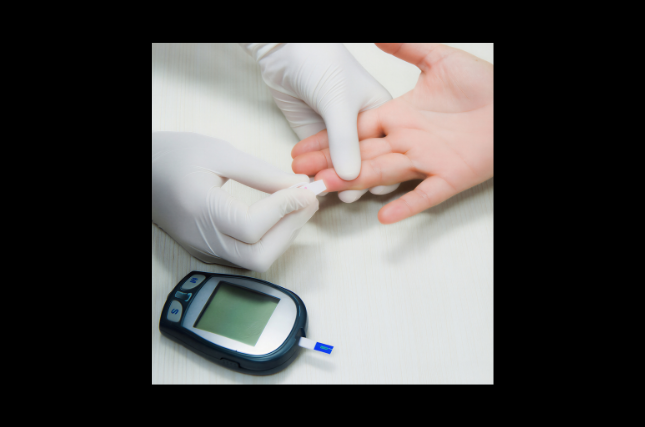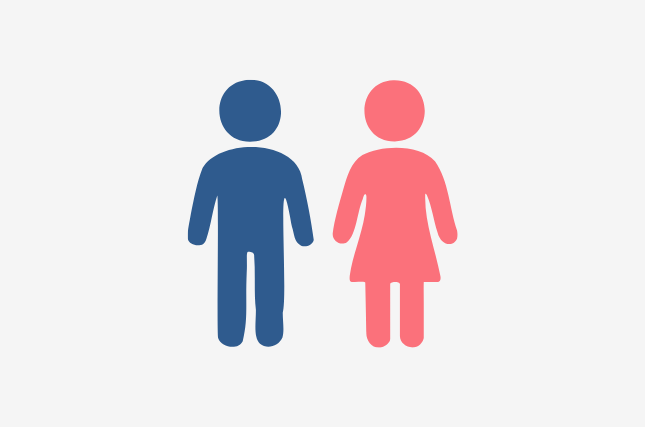
September 10, 2025 – For many social media users, the frequent exposure to a torrent of anti-Israel and antisemitic abuse following the horrific Hamas’s October 7 attack on Israel, increased post-traumatic stress disorder (PTSD) symptoms, especially for those who struggle to regulate their emotions.
According to a new study in Scientific Reports, by researchers at the Hebrew University of Jerusalem (HU), exposure to online hate may leave psychological scars. The research, led by Dr. Dvora Shmulewitz, Head of Epidemiological Research at the Israel Center for Addiction and Mental Health at Hebrew University, under the supervision of Prof. Mario Mikulincer, found that frequent encounters with hate speech on platforms like Facebook, Instagram, and X were strongly linked to higher rates of PTSD symptoms, even after accounting for direct exposure to the attacks, ongoing war, and prior mental health problems.
“This isn’t just about offensive language,” Dr. Shmulewitz said. “Online hate can act as a form of digital terror—exacerbating the effects of trauma or even functioning as a traumatic event itself.”
The study surveyed nearly 4,000 Jewish Israeli adults two months after the attacks, using standardized clinical tools to measure PTSD symptoms. Approximately 25% of respondents met the screening threshold for probable PTSD. Roughly 39% reported encountering hate speech online at least once a week since the war began.
Even after controlling for war-zone exposure, problematic technology use, and pre-existing psychiatric conditions, each standard deviation increase in reported hate speech exposure was associated with a 2.2-point rise in PTSD scores—a statistically significant jump.
The effects were even more pronounced among those who reported difficulty managing their emotions. “For people with high emotion dysregulation, the link between hate speech and PTSD was considerably stronger,” Prof. Mikulincer noted, suggesting that certain individuals are especially vulnerable to psychological harm from online hostility.
The findings raise questions about the role of tech companies, policymakers, and mental health professionals in mitigating harm. Public health experts have long warned about the ubiquity of online hate and its potential to damage one’s well-being. The authors argue that interventions could range from AI-based moderation tools to public awareness campaigns, alongside clinical screening for patients in conflict zones who may be absorbing both real-world and digital trauma.
“This study should be a wake-up call,” Dr. Shmulewitz said. “We can’t assume that what happens online stays online. For many, the emotional impact is deeply real—and deeply damaging.”
The research underscores a sobering reality of modern conflict: the battlefield is not only physical but also digital, and the wounds it leaves can be invisible.
The research paper titled “Exposure to online hate speech is positively associated with post-traumatic stress disorder symptom severity” is now available in Scientific Reports and can be accessed here.
Researchers:
Dvora Shmulewitz1,2, Maor Daniel Levitin1,3, Vera Skvirsky1,2, Merav Vider1,2, Shaul Lev-Ran2,4, Mario Mikulincer1 *
Institutions:
- Department of Psychology and Israel Center for Addiction and Mental Health, The Hebrew University of Jerusalem, Jerusalem, Israel
- Israel Center on Addiction, 2 HaTzoran Street, Netanya, Israel
- Department of Psychology, Tel Aviv University, Tel Aviv, Israel
- Faculty of Medical and Health Sciences, Tel Aviv University, Tel Aviv, Israel



